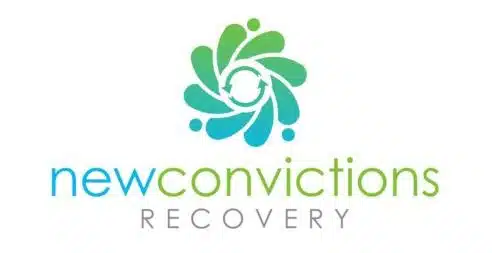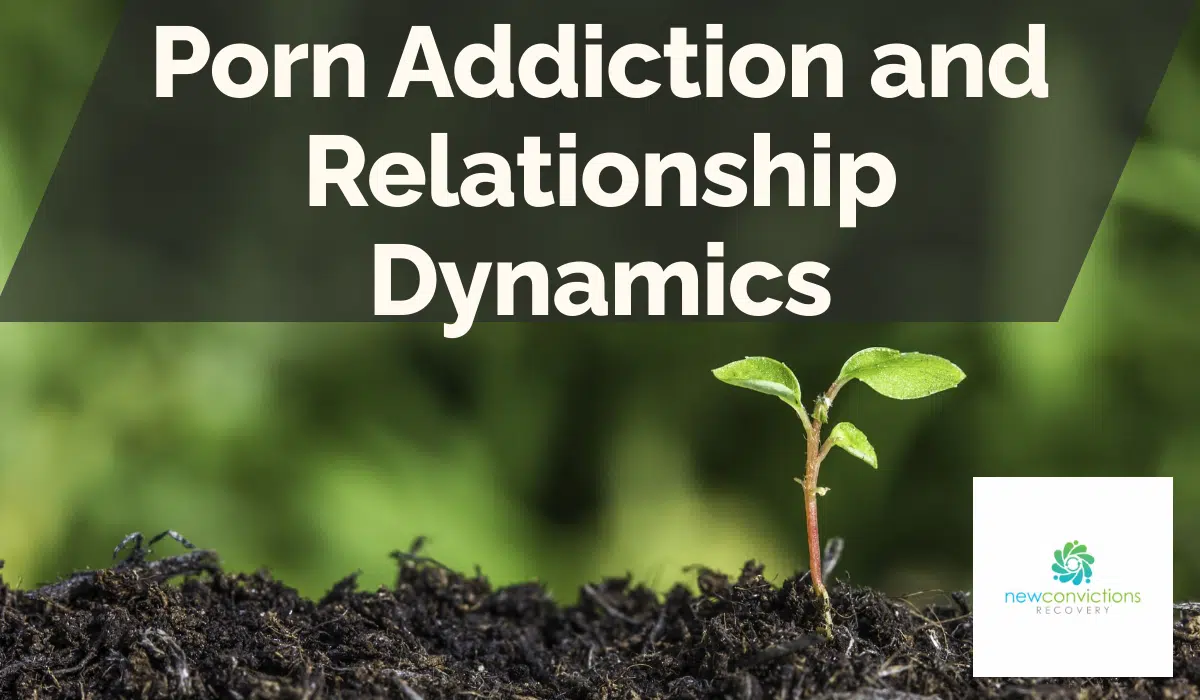With the advent of high-speed internet and digital media, pornography has never been more accessible. While some contend that it is just harmless entertainment, its excessive consumption can escalate into an addiction, causing a ripple effect on the user’s personal and romantic life. This article demystifies how porn addiction interferes with relationship dynamics and how individual counseling and family therapy can remediate the situation.
Understanding Porn Addiction
Just like drug or alcohol addiction, porn addiction refers to an uncontrollable compulsion to consume pornography, to the point where it starts affecting the individual’s daily life, relationships, and overall mental health. While the Diagnostic and Statistical Manual of Mental Disorders (DSM–5) does not yet officially recognize porn addiction as a disorder, many mental health and therapy professionals acknowledge its existence and its potential to disrupt life.
The Impact on Personal Relationships
Often camouflaged as harmless indulgence, porn addiction can have far-reaching consequences on personal relationships. It can lead to emotional disconnection, trust issues, and decreased relationship satisfaction. An addicted person may prefer the fantastical depictions of pornography over real-life intimacy, leading to reluctance in, or avoidance of, genuine emotional and physical closeness.
Porn Addiction and Romantic Relationships
When it comes to romantic relationships, repeated exposure to pornography can distort a person’s perception of sexual relations, intimacy, and partner expectations. Such skewed perceptions can add significant stress to a romantic relationship, causing intimacy issues, infidelity, and in some cases, relationship breakdown.
How Porn Addiction Impacts Trust in Relationship?
The clandestine nature of porn addiction exacerbates trust issues in a relationship. Discovering a partner’s porn consumption can lead to feelings of betrayal and severe emotional distress. It’s not uncommon for the non-addicted partner to start questioning the honesty and commitment of the addicted individual, which could undermine the relationship.
The Role of Therapy
Individual counseling and family therapy, delivered by trained therapists, can play a critical role in addressing porn addiction. Individual therapy can help the addicted person understand their addiction, identify triggers, and develop coping mechanisms. It may also support them in rebuilding damaged relationships and restoring trust.
How Can Family Therapy Help?
Family therapy, on the other hand, can help clear miscommunications or misunderstandings and mitigate the feeling of betrayal for the non-addicted partner. It aids the family to work as a united front and equips them with the tools necessary to support the addicted individual throughout their recovery journey.
Conclusion
In conclusion, while porn addiction can disrupt personal and romantic relationships, the role of professional help such as individual counseling and family therapy is paramount in mending these impaired bonds. By helping the addicted person and their families understand, address, and cope with the addiction, therapy can pave the path towards recovery and relationship restoration.

